
Are Lemon Seeds Toxic? And Is It Safe To Eat Lemon Seeds?
Step 2: Remove and rinse the seeds. Carefully remove the seeds from the fruit. Instead of cutting through the lemon, peel it like an orange. This is to avoid piercing the few seeds that might be present. Citrus seeds have a hard outer seed coat, but they can easily be sliced by a knife or other utensil.

Can You Eat Lemon Seeds Your Kitchen Solution
Discover the health benefits of eating whole lemons with peel, white part, and seeds. It can help reduce weight gain, detoxify, destroy free radicals, and more!. Directions: Add the water and the whole lemon (seeds and all, unless the seeds bother your stomach) to the blender. Blend for 30-45 seconds.
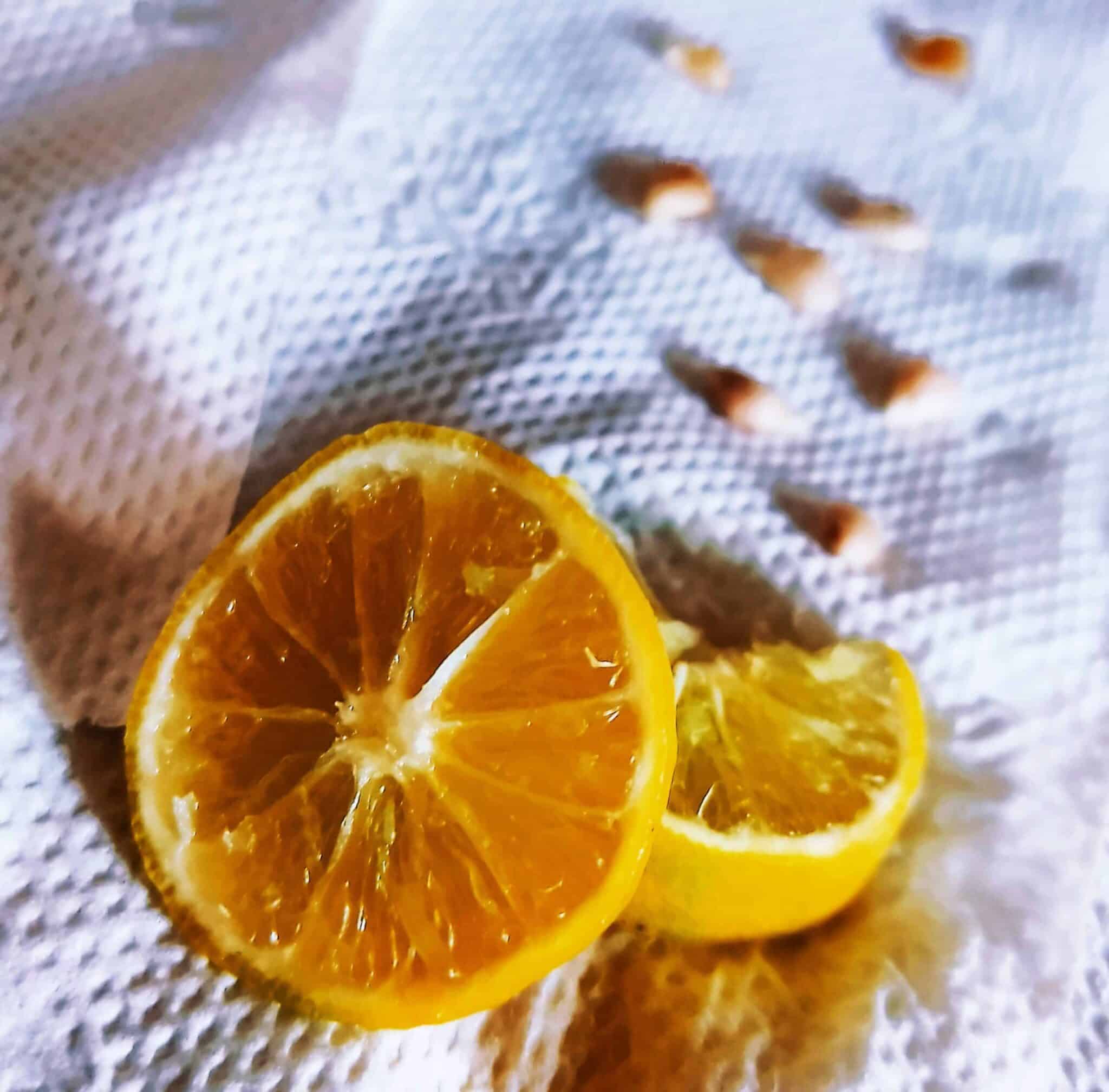
How to Germinate Lemon Seeds? [Updated [currentyear]]
Yes, it is safe to eat lemon seeds, but consume them in moderation as excessive consumption may cause stomach discomfort. Lemon seeds are edible and offer health benefits, including being a significant source of fiber. However, they can add a bitter taste to food or beverages. Those allergic to citrus fruits should avoid eating lemon seeds.

Are Lemon Seeds Toxic? And Is It Safe To Eat Lemon Seeds?
4. Can lemon seeds be used in cooking? Absolutely! Lemon seeds can be ground, chopped, or used to extract oil for use in various culinary creations. 5. Are there any health benefits to eating lemon seeds? Lemon seeds contain dietary fiber and antioxidants, which could offer digestive and immune system support. Conclusion: Embracing the Whole Lemon

Lemon seeds 25 Dwarf Lemon Tree Seeds Relic Lime Potted Etsy in 2021
Eating Lemons Seeds: Do So With Caution. Lemon seeds will work to provide several benefits. Some of these are an increase in Vitamin C in the diet, relief from various health ailments, detoxifying properties and even pain relief in some cases. However, lemon seeds may not be for everyone. Stop taking lemon seeds and seek the help of a.

50 Lemon Seeds Lemon Tree Seed Citrus limon Heirloom Organic eBay
Shutterstock. Nothing ruins the mood like bad breath. But if you're out of gum or mints, reach for a lemon! Eating lemon is known to freshen up your home, and the same can be said for your mouth. The acid in lemon juice neutralizes odors, which helps combat nasty breath from things like garlic and onions.

Lemon Seeds Benefits, Nutrition, And Its Side Effects Kobmel
No, eating lemon seeds is not harmful to your health. In fact, lemon seeds are a good source of dietary fibre, which can help promote healthy digestion. However, it is important to consume lemon seeds in moderation, as excessive consumption may lead to stomach discomfort.
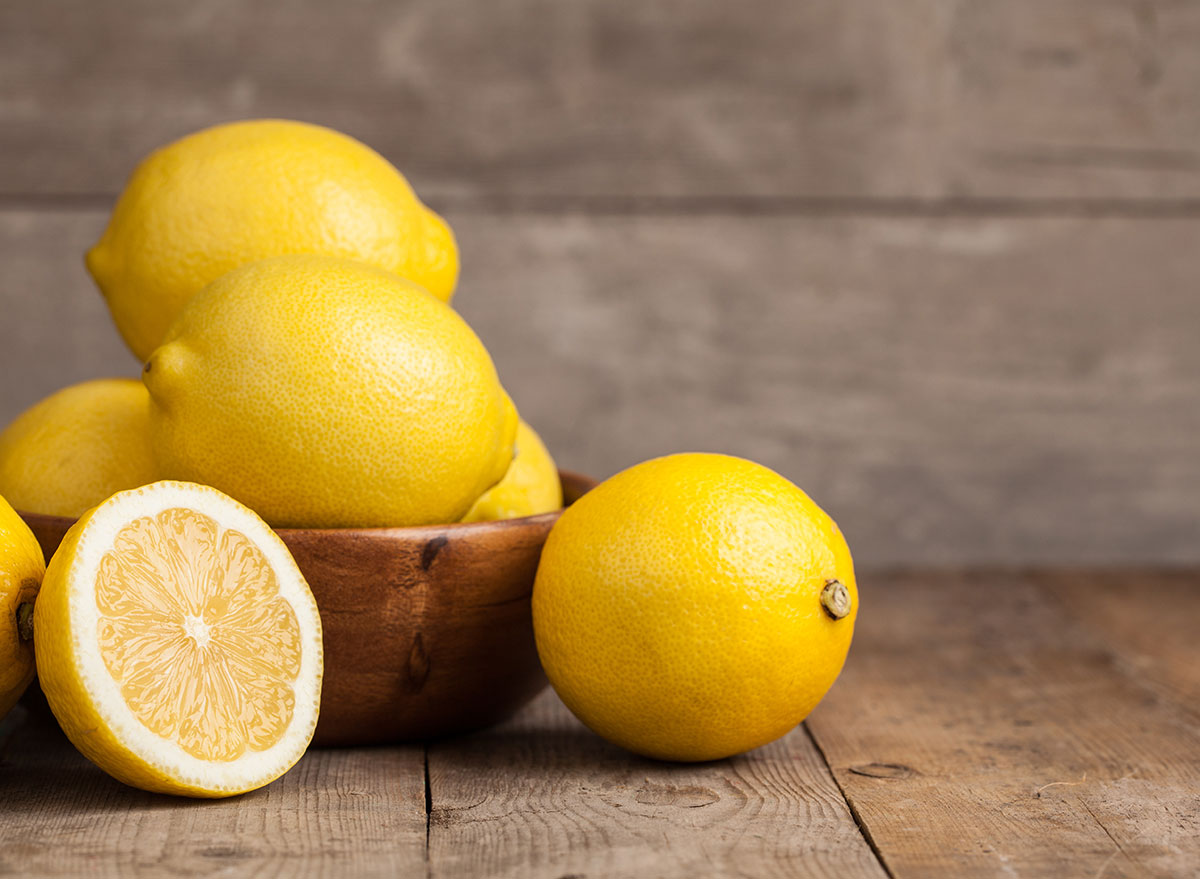
20 Uses for Lemon You Haven't Heard Before — Eat This Not That
Lemon seeds are enriched with minerals and fiber that help reduce the appetite and the cravings between meals and eventually help lose some extra pounds from your belly. 13. Improve Digestive Health. Eating lemon seed helps in improving your digestive health. Lemon seeds are high in amino acids, which help in better digestion. FAQ
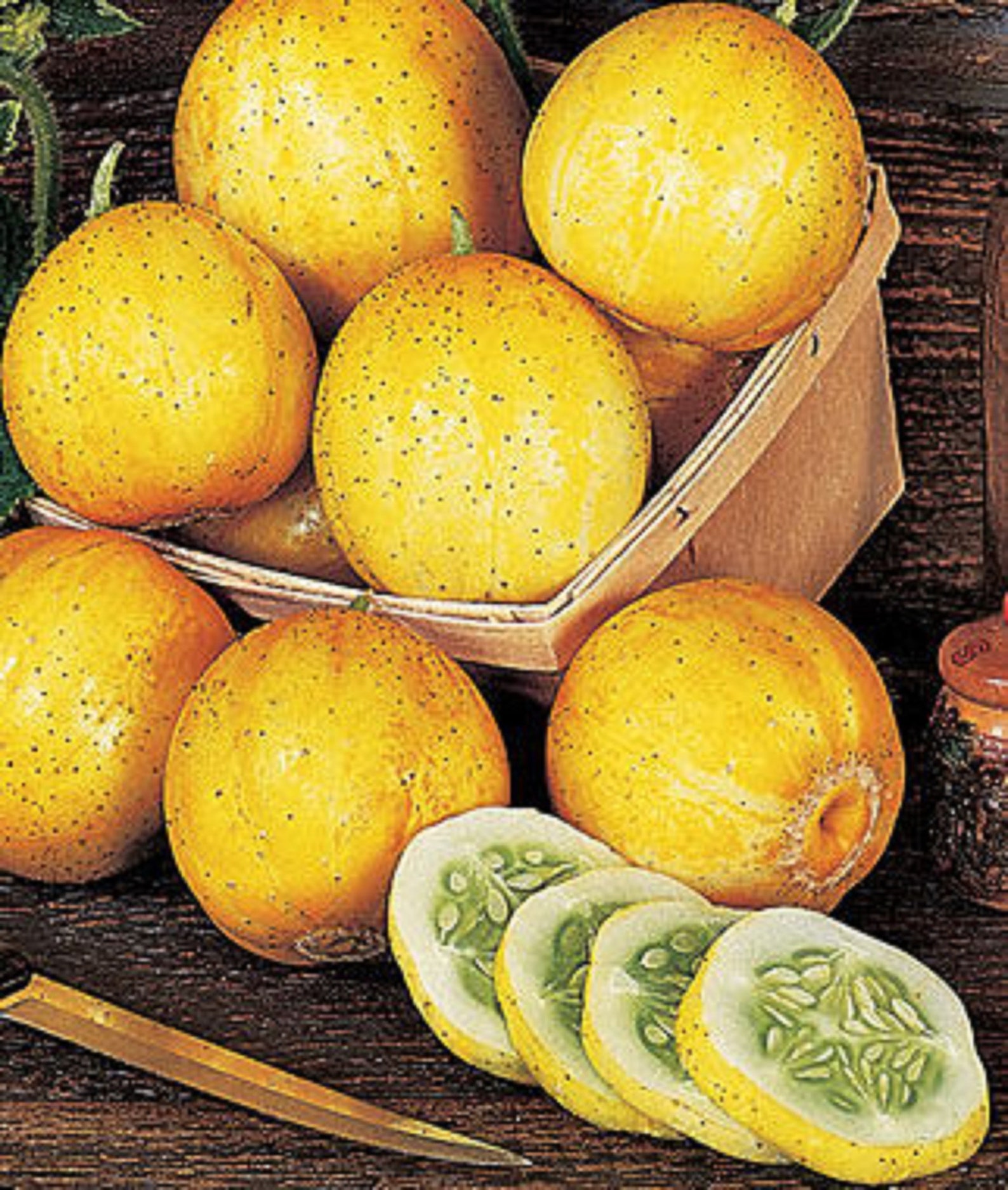
Lemon Cucumber 30 Seeds heirloom NONGMO Rare Crispy Sweet Etsy
While we typically don't eat lemon seeds for their nutritional value, they do contain small amounts of salicylic acid (the active ingredient in aspirin) and limonoids, which are compounds that may have antioxidant and anti-carcinogenic properties. However, the amounts found in lemon seeds are minuscule, so they're not a significant source.

Free Images nature, food, produce, yellow, healthy, calabaza, tart
2. Helps maintain skin health. Lemon seeds, just like lemons, are a rich source of vitamin C. About 46.9 mg of vitamin C can be found per 100 g of seeds. (4) Apart from acting as an antioxidant and immunity booster, vitamin C is also great for the skin. It promotes collagen synthesis and protects against UV-induced photodamage.
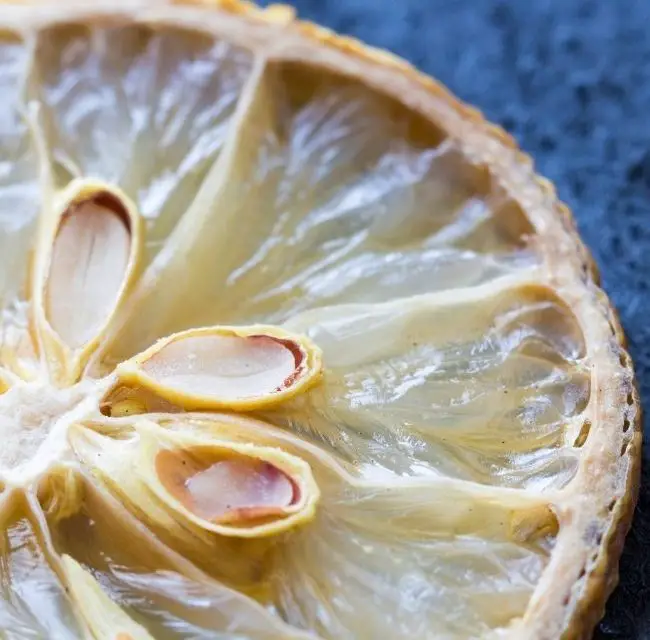
Eating Lemon Seeds What Happens If I Eat a Lemon Seed?
Lemon seeds also can clean out your system of toxic chemicals and properties. Lemon seeds allow your gut to remove all unhealthy particles and promote a healthy digestive system . Along with detoxifying your body, lemon seeds also greatly reduce pain in your body. Lemon seeds contain a component that is found in aspirin.
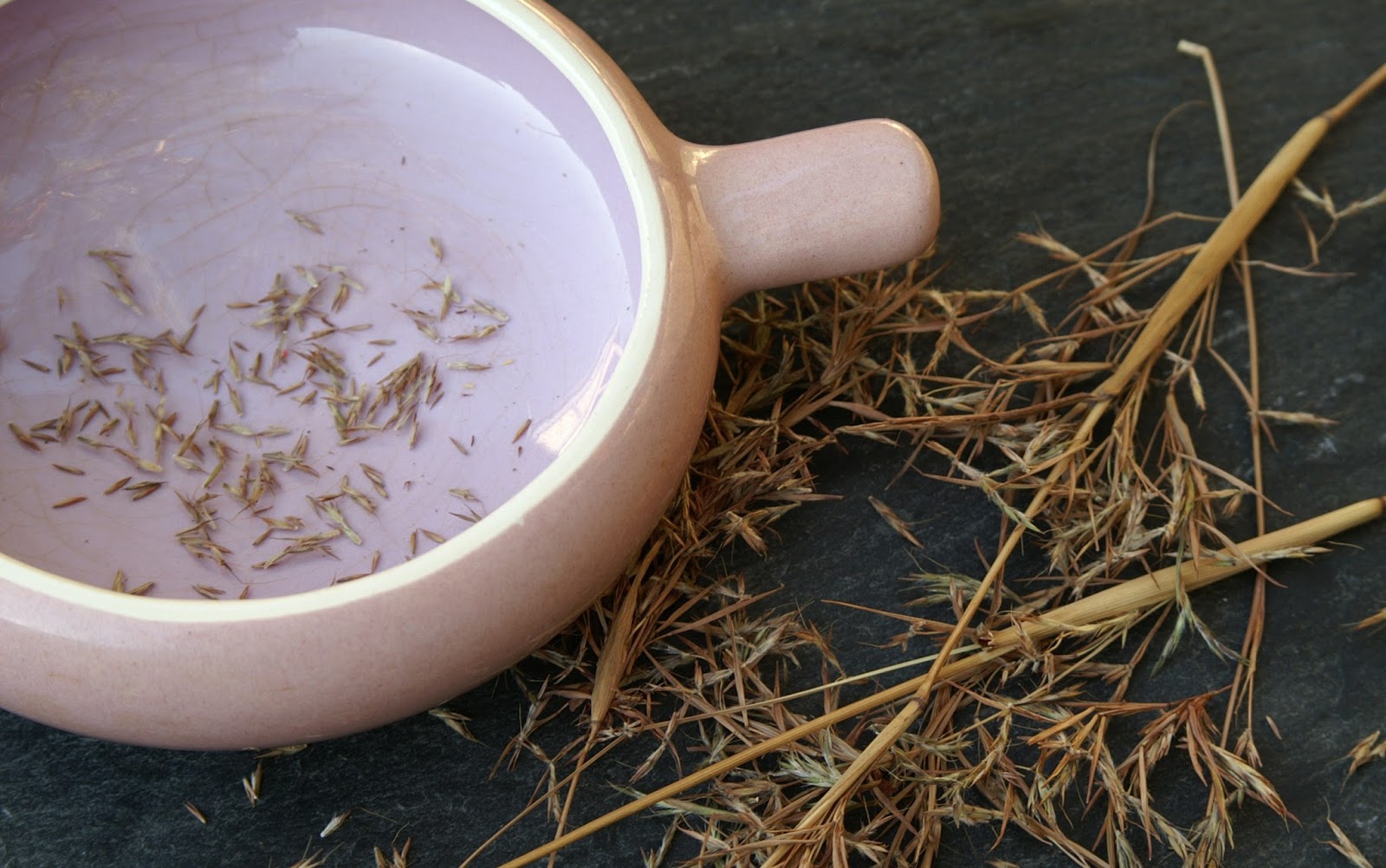
HOW TO GROW LEMONGRASS FROM SEED The Garden of Eaden
Don't be afraid to juice the whole apple, or eat apple seeds from apples you eat. A tiny amount of cyanide is normal to normal cells, and in some scientific studies has even been found to kill cancer cells. Vitamin B17, otherwise known as laetrile, is also found in high amounts in apple seeds, and has been found kill cancer cells in animal.

How to Germinate Lemon Seeds A Complete Guide Plants Craze
Like limes, lemons are an excellent source of vitamin C. They also contain antioxidant and anti-cancer properties. Because the fruit's seeds are small, it can be difficult to avoid ingesting one or two on occasion. Apple seeds, cherry stones and nectarine, peach and plum pits are considered poisonous if consumed in large enough quantities.

Eating Lemon Seeds What Happens If I Eat a Lemon Seed?
A closer look at lemons and the seeds. The lemon plant (Citrus ×limon) is a flowering evergreen that produces fragrant flowers.From lemonade and lemon meringue pie, to adding zest to fish and poultry dishes, lemons are a powerhouse in the kitchen. Here's a look at the various parts of Citrus limon:. Peel: The outer yellow skin is sometimes called the rind or zest.
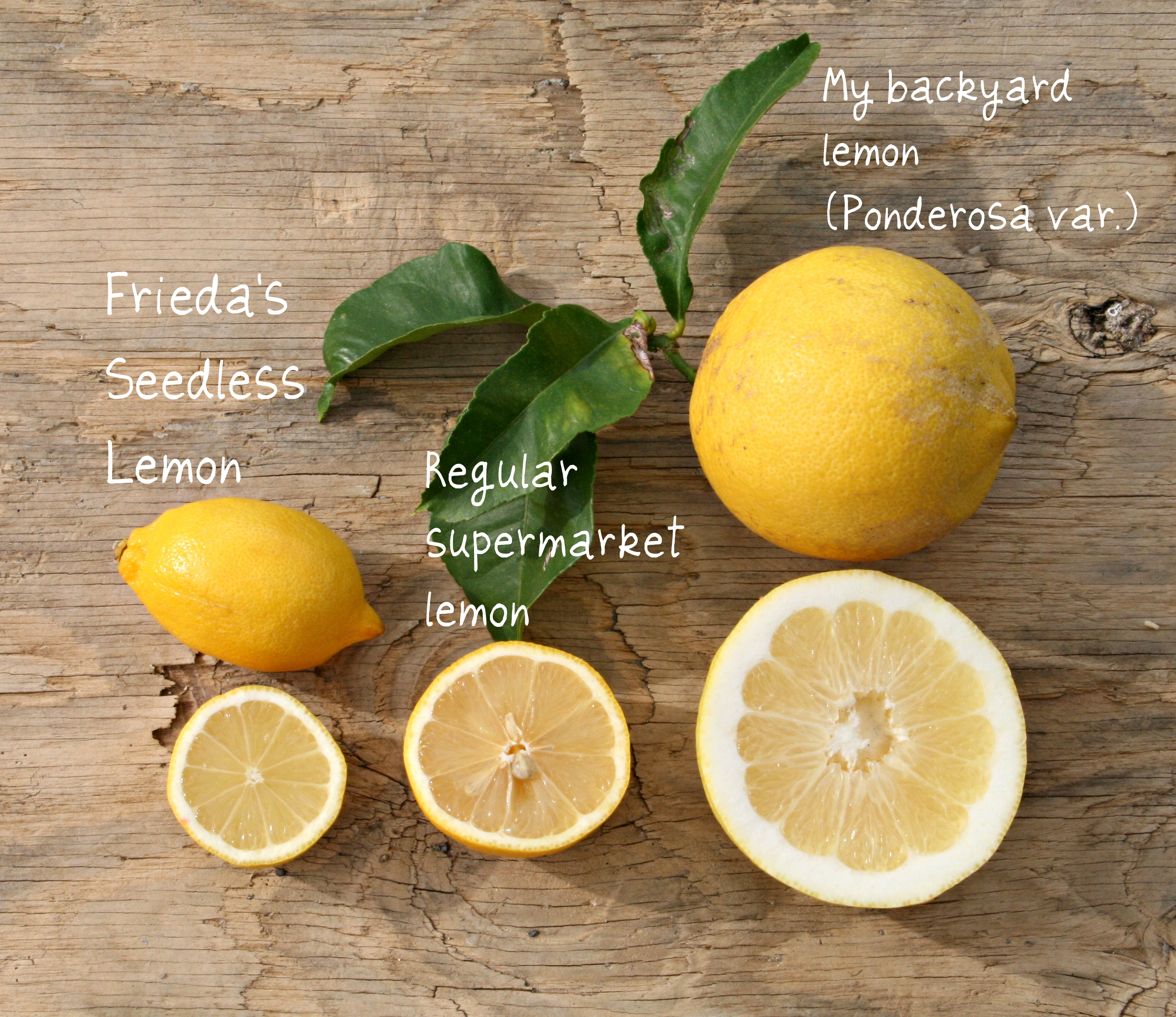
IMG_25521
Yes, lemon seeds are completely edible and have several health benefits too. Though they might not taste great, they are completely harmless to people who aren't allergic or have never reacted adversely after having them. Read below to learn more about lemon seeds, what they taste like, their nutritional benefits, and some ways you can eat them!

Have Some Lemon Seeds? Here's How To Include In Diet And Why
Lemon seeds are rich in Vitamin C, which is a powerful antioxidant. Vitamin C helps to prevent or minimize the occurrence of diseases hence promoting your general health and well-being. Additionally, according to a 2020 study, lemon seeds contain flavonoids (antioxidants) that help to prevent oxidative damage of human embryonic kidney cells.